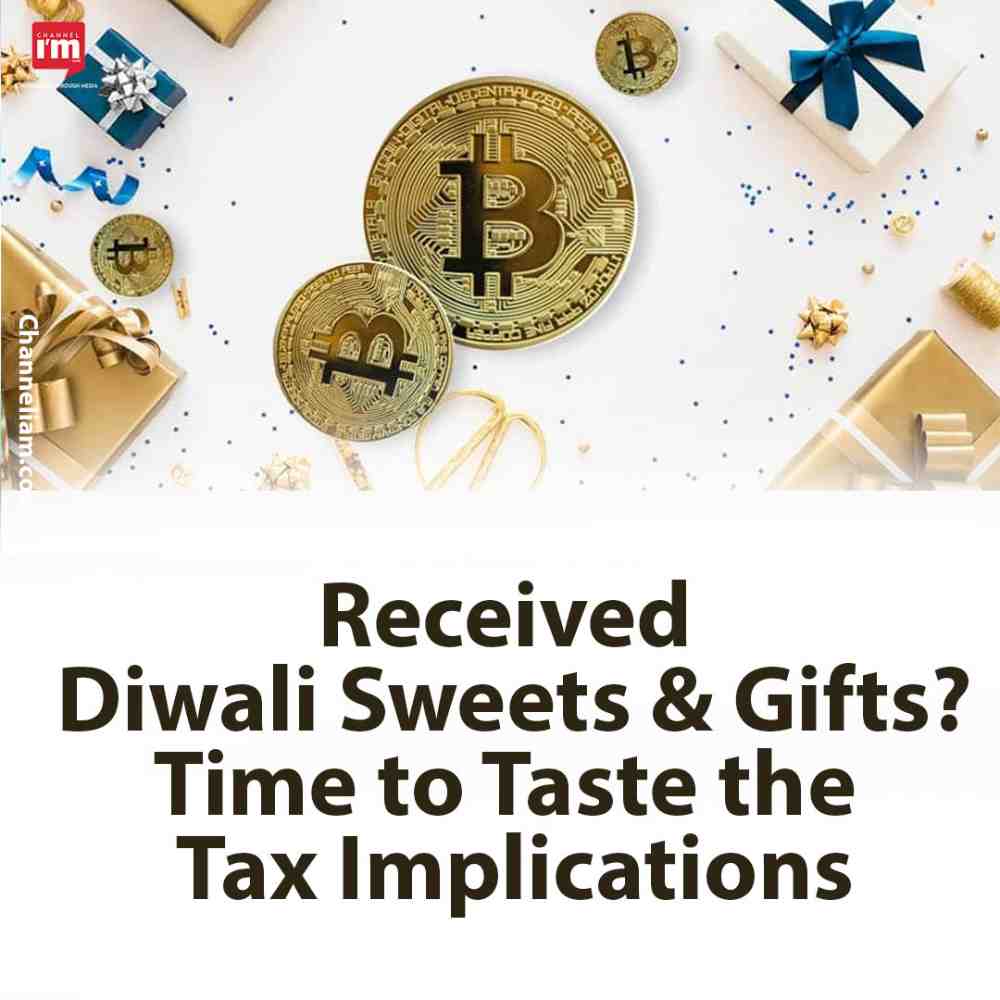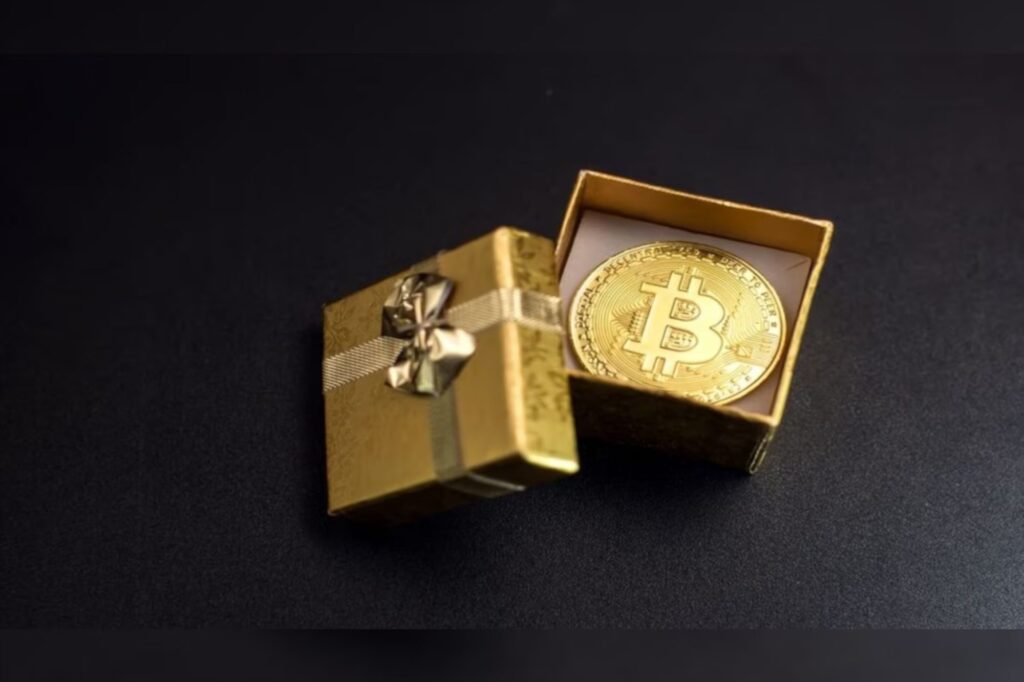
With Diwali just around the corner, the hunt for the perfect gifts that could bring a smile to your loved ones face and be beneficial as well. To check both the mandates, people now tend to transform gifts as an investment option too.

Surfing through the Indian tradition and customs, Gold was one of the most preferred gifting options for decades. However, times are changing. Youngsters with a tech-first mindset are now keen to gift and invest virtual assets as Diwali gifts.
Worth to be gifted, till you know its tax implications. Because, not all gifts received during the festive season are exempted from income tax.
The Income-tax Act, 1961, specifies the limit above which gifts received during a financial year are taxed. Diwali gifts received by you will be taxed only if they are received from a non-exempted relative or a friend and the value of such gift exceeds INR 50,000.
Now, what if it’s from your employer? According to the income tax laws, gifts received from an employer will not be taxable if their value does not exceed INR 5,000 in a given financial year. Further, bonuses (irrespective of the amount received) will also be taxable under the head salaries. The amount that will be taxable will be calculated by subtracting INR 5,000 from the value of the gifts and then adding the amount of bonus received.
“Light up your Diwali with smart choices! When giving cryptocurrencies, keep it simple, but be aware—gifts over INR 50,000 in a year could mean taxes. According to the Income-tax Act of 1961, gifting cryptos or NFTs may make the receiver liable for tax if their total gifts exceed INR 50,000 in a year. It’s crucial to remember that the tax burden falls on the receiver, emphasizing the need for responsible giving. The receiver must handle income tax on such gifts when filing the ITR. Additionally, to ensure a tax-free celebration, definitely engage in gifting among immediate relatives. Share your generosity with both heart and financial smarts. Happy Diwali—where tradition seamlessly meets thoughtful giving,” shared Rajagopal Menon, vice-president, Wazirx.

Virtual Digital Assets: Monetary gifts received on any other occasion other than a person’s marriage, including Diwali, will be taxable at the hands of the receiver. Budget 2022 had amended the definition and added virtual digital assets (VDA) as well. VDA includes crypto assets, non-fungible tokens or any other asset specified as VDA.
“Exploring the Diwali Edition of gifting NFTs, cryptocurrencies, or VDAs involves understanding nuanced tax implications. Despite no recent changes in crypto laws, gifting these assets during the festive season may incur a 30% tax as crypto income. The determination of VDA values is intricate, impacting the tax liability for recipients. While there’s no direct method to circumvent the 30% tax, it’s crucial to consider tax-efficient gifting strategies,” said Sathvik Vishwanath, Co-Founder and CEO, Unocoin.
In the ever-evolving landscape of cryptocurrencies, 2022 marked a significant milestone for India. The Union Budget introduced a taxation system for virtual digital assets (VDAs). The government’s classification of cryptocurrencies, NFTs, and tokens as VDAs establishes their inclusion in the taxation framework. As these digital assets gain traction, an emerging trend is seen among tech-savvy individuals and investors: the appeal of gifting digital assets on special occasions.
“This modern approach to gifting represents a forward-thinking alternative, positioning individuals at the forefront of the digital age. Gifting crypto aligns with offering value through digital means and capitalizing on the potential for appreciation, enhancing the overall gifting experience. While givers appreciate its modernity, recipients value the opportunity to enter the digital finance world,” said Edul Patel,CEO, Mudrex.
At Mudrex, he further added, “Recognising the growing interest in digital assets, we have introduced crypto gift cards. Additionally, in the spirit of Diwali, we announced zero-fee investing and trading, providing investors with a unique opportunity to explore and participate in the crypto space without incurring transaction fees.”
Understanding these rules ensures that you can enjoy the festival without any tax surprises. So, celebrate Diwali with joy, share your love, and be tax-savvy for a hassle-free festive season!
